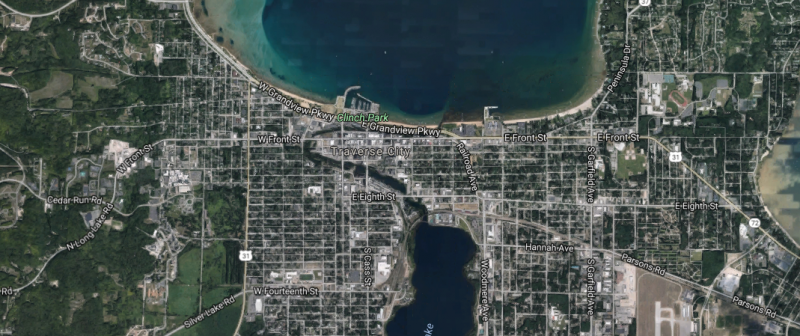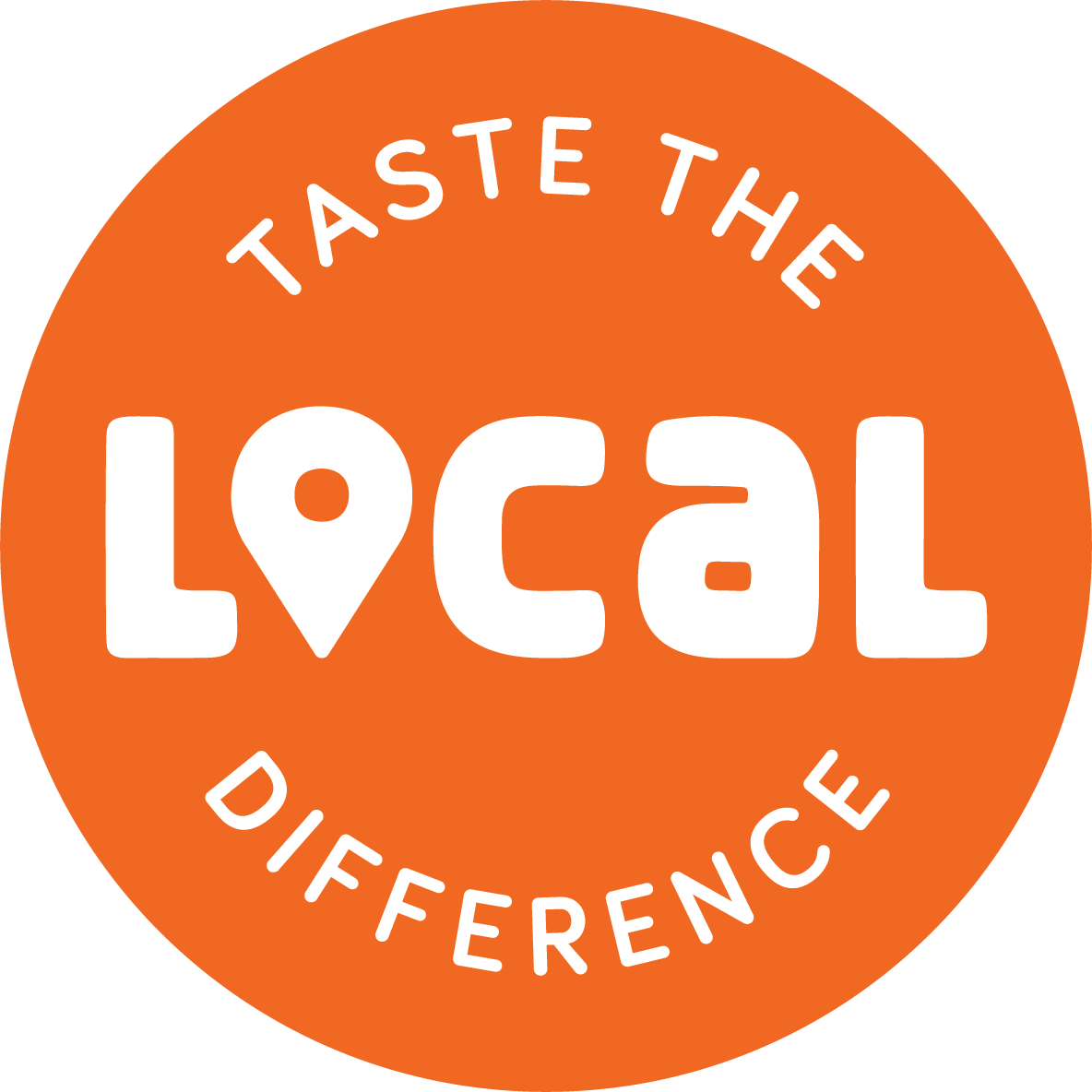A cooperative living community of farm workers, food service employees, culinary students, agri-business entrepreneurs, and other local food and farming partners could address the intersection of several problems and potentials related to affordable housing in our region. This living community would be open to anyone involved in or serious about getting involved with local food work and could help lay the foundation for a new generation of farmers.

Consider the following community sentiments:
- Lasting change starts with strong relationships and shared opportunities.
- Cultivating a culture of cooperation is essential to a successful small agricultural future.
- We need to support a new generation of farmers and creative agri-business professionals in order to sustain our thriving regional agriculture economy…
- …and these folks need ways to get their feet wet before making solid plans and investments for the future if they are to take on this responsibility with grace. A cooperative living community could help facilitate this.
The time is especially ripe for alternative living accommodations in Traverse City. A lack of affordable housing continues to pose problems for our local economy and the sustainability of young talent.
What is affordable housing in Traverse City?
According to a Networks Northwest study, the phrase ‘affordable housing‘ refers to housing that costs 30 percent or less of a household’s income. U.S. Census data from 2013 put the median income for a food service worker in Traverse City at $13,682, and at $12,385 for those in the agriculture and fishery sector. Since the average price of monthly rent within the city is $808, a staggering 75% of these workers’ income would have to be allocated to housing costs.
More affordable rental apartments are being built, but their price points are still too high for many to manage. This model simply does not provide what we need to cultivate a reliable and integrated workforce in the food and farming world.
Feasibility Study Exploring a Cooperative Model
I am working with Bill Paladino and Jim Lively on a grant through the MSU Center for Regional Food Systems to fund a feasibility study on the potential for creative affordable housing in the region. I am currently exploring a cooperative model, in which members share democratic control of a lease or a deed to a home. We are also working with Elise Crafts of Networks Northwest to research how a “home-sharing” model might work for seasonal workers in the region. Housing approaches like this—beyond providing low-cost living situations for those involved in good work in our community—can also fuel shared community missions.
Ideally, these new (to us) housing models will blur the lines between life, work, and play, forging lasting relationships that can be creatively leveraged for long-term positive change in our food and farming community, and beyond!
Maddy Baroli is a recent University of Michigan graduate. She is a VISTA (Volunteer in Service to America) for the NW Michigan Food and Farming Network. Contact her at [email protected]
